Muscle Twitching
What is a Muscle Twitching?
Muscle twitching, medically referred to as fasciculations, is a phenomenon that captures the curiosity and concern of many individuals.
These involuntary contractions of small muscle groups can manifest as subtle ripples beneath the skin or more pronounced jerks, often raising questions about their underlying causes and significance. While muscle twitches are a common occurrence and, in many cases, harmless, they can also be indicative of underlying health conditions.
Overview
Another name for muscular twitching is muscle fasciculation. Tiny muscular contractions are a part of twitching. Your nerves regulate the fibers that make up your muscles. You may have twitches in your muscle fibers due to nerve stimulation or injury.
The majority of muscle twitches are insignificant and don’t warrant concern. They might sometimes point to a problem with the nervous system, in which case you should visit your physician.
Causes of muscle twitch
Twitching of the muscles can be brought on by a number of circumstances. Most often, less significant lifestyle-related factors induce mild muscular twitches. However, more acute twitches in the muscles are frequently a sign of a serious illness.
Common causes that are usually minor
The following are common reasons for twitching in the muscles:
Exercise: During physical activity, lactic acid builds up in the muscles employed. Usually, it affects the back, arms, and legs.
Stress and anxiety: In addition to other physically apparent signs of mental health problems, stress and worry can result in what’s commonly referred to as a “nervous tic.” Any muscle in the body can be impacted by them.
Stimulants: Excessive consumption of caffeine and other stimulants can make muscles throughout the body twitch.
Vitamin deficiencies: Muscle spasms, especially in the hands, calves, and eyelids, can result from not getting enough of some nutrients. Vitamin B, calcium, and vitamin D deficits are common forms of dietary deficiencies.
Dehydration: Particularly in the body’s bigger muscles, dehydration can cause twitching and spasms of the muscles (Trusted Source). The body, arms, and legs are among them.
Smoking cigarettes and other tobacco products contain nicotine, which causes twitch muscles, particularly in the legs.
Irritation: Muscle spasms in the eyelid or surrounding area can be brought on by irritation of the eyelid or the surface of the eye.
Adverse drug-related responses-Adverse medication reactions, including those from corticosteroids and estrogen tablets, can cause spasms in the muscles. It is possible for the hands, arms, or legs to twitch.
Electrolyte imbalances: Muscle twitches may be a result of electrolyte imbalances (Trusted Source). This can be the result of severe activity, profuse perspiration, or fluid loss from diarrhea or vomiting.
Lack of sleep: This might change the amounts of several neurotransmitters, which may cause spasms in the muscles.
Most of these frequent causes of muscle spasms are mild ailments that are simple to treat.
However, if you believe that your medication is the source of your muscle twitches, you should consult your doctor. A lesser dosage or a different medicine may be advised by your doctor. If you think you could be lacking in any nutrients, you should also get in touch with your physician.
More serious causes
Certain lifestyle choices and minor illnesses can cause most muscle twitches, but more significant factors can induce some muscle spasms. These spasms of the muscles are frequently associated with disorders of the neurological system, encompassing the brain and spinal cord.
They might harm the nerves that supply your muscles, causing twitching. The following are a few uncommon but significant problems that can cause twitches in the muscles: Trusted Source:
Muscular dystrophies are a set of hereditary illnesses that weaken and cause harm toTrusted Source gradually builds up the muscles. They may result in twitching of the shoulder, hip, and face muscles.
Amyotrophic lateral sclerosis (ALS): ALS, commonly referred to as Lou Gehrig’s illness, results in the death of nerve cells. Although the twitching can affect any muscle in the body, it typically starts in the arms and legs.
Spinal muscular atrophy: This illness impairs the spinal cord’s motor nerve cells, which impacts the ability to govern muscular movement. It may result in tongue twitch.
Isaac’s syndrome: This condition damages the nerves that fire up the muscles, causing them to twitch often. Most frequently, the muscles in the arms and legs have spasms.
Muscle spasms may result from changes in the body’s fluid and electrolyte balance brought on by chronic kidney disease (CKD).
Myopathy: This neuromuscular condition affects how the muscle fibers work, causing twitching, rigidity, and cramping.
Serotonin syndrome: This disorder is brought on by an excess of the neurotransmitter serotonin in the body. It is frequently brought on by the use of specific drugs and is linked to a number of dangerous symptoms, such as spasms in the muscles.
Damage to the nerves that cause neuropathy can lead to numbness, discomfort, and spasms in the muscles, particularly in the hands and feet.
Hoffmann syndrome: This particular kind of hypothyroid myopathy is typified by the weakening of the muscles and excruciating spasms. Usually, the mouth, arms, and legs are affected.
What are some other forms of myoclonus?
There are many types of myoclonus, but some occur only in certain age groups or in very specific ways, involving:
Benign neonatal sleep myoclonus.
Middle ear myoclonus.
Opsoclonus myoclonus.
Palatal myoclonus.
Benign neonatal sleep myoclonus (BNSM)
Neonatals are susceptible to a disorder called benign neonatal sleep myoclonus (BNSM). Babies suffering from this disorder will experience abrupt, jerky movements of their limbs or body as they sleep.
This disorder has to be diagnosed with an electroencephalogram (EEG). Although the symptoms of this disorder sometimes resemble seizures, newborns with BNSM will not exhibit seizure activity in their brains during EEG testing. It is safe to have this condition. After six months of age, about 95% of cases are resolved.
Middle ear myoclonus
Uncontrollable contractions of the tensor tympani, a muscle located in your ear, are known as middle ear myoclonus. The tensor tympani normally contract to shield your inner ear, much like when you put your palm on top of a drum to muffle sound. Usually, this occurs when you laugh, cough, eat, chat, or make other noises with your mouth.
When someone has a middle ear myoclonus, their tensor tympani flexes inappropriately. That may result in loud noises that click, crack, or thud repeatedly. It isn’t harmful, but it is disruptive. Surgery or other treatments can often be used to treat it.
Opsoclonus-myoclonus syndrome
Myoclonus and optoclonus are comparable conditions in that they both entail uncontrollably moving muscles that govern eye direction. A rare disorder known as opsoclonus-myoclonus syndrome (OMS) causes both symptoms to occur simultaneously.
OMS can occasionally result from your immune system attacking your own neurological system in the wrong way. This maladaptive immune response in children can be caused by neuroblastoma, a kind of brain cancer.
palatal myoclonus
A type of myoclonus that affects a particular region inside your mouth is called palatal myoclonus, sometimes referred to as palatal tremor. The top rear of your mouth is home to the soft palate. It consists of the surrounding soft tissue and the uvula, the tissue portion that dangles like a teardrop.
You may notice an odd clicking sound here due to myoclonus. It might be a sign of a brain injury or inherited (essential palatal myoclonus). It might cause a disturbance. Medications are frequently an effective form of treatment.
Signs and symptoms
While certain muscle spasms might be painful, not all of them do. The muscle may seem to be jumping or moving on its own, and this sensation usually lasts for a short while. It may even be visible to some to watch the muscles twitching.
Occasionally, it may feel as though the muscle is immobile due to a complete spasm. This reaction can be very painful and typically affects the legs. To the touch, the muscle can feel tough. The muscle may pain for a while after the cramps stop, even though they usually go away in a few minutes or so.
In most cases, a person with a neurological illness will also have other symptoms in addition to a muscular spasm. These could consist of:
- pain in the back, neck, or head
- weakness in the muscles
- skin numbness
- a pins-and-needles sensation
- a tremor
- paralysis
- poor coordination
- slow movements
- double vision
- sleep problems
Diagnosing the cause of muscle twitching
In order to identify the underlying reason for your muscle twitches, your doctor will ask you about them during your session. You’ll talk about:
When did your muscles start twitching? Where are they happening? How often do they happen? How long do they last? Are there any other symptoms you might be having?
In addition, your physician will take a physical examination and review your medical records. Don’t forget to let your doctor know about any current medical issues.
If your doctor believes there may be an underlying cause for your twitching muscles, they will probably request certain diagnostic tests. They could place an order:
- blood tests to assess thyroid function and electrolyte levels,
- an MRI, and
- a CT scan
- To evaluate the condition of the muscles and the nerve cells that regulate them, use electromyography.
- Your doctor can identify the reason behind your muscle twitches with the aid of these diagnostic tests. A major underlying medical ailment could be the reason behind your chronic and ongoing muscular twitches.
It’s critical to identify and address the issue as quickly as feasible. Your long-term prognosis and treatment options can frequently be enhanced by early action.
Treatment for Muscle Twitching
Generally, twitching of the muscles does not require treatment. Without medical intervention, the spasms usually go away in a few days. However, if your muscle twitching is being caused by one of the more serious disorders, you might require therapy.
The specific diagnosis will determine which medications your doctor recommends to treat your symptoms. Among these medications are:
corticosteroids such as betamethasone (Celestone) and prednisone (Rayos), muscle relaxants like carisoprodol (Soma) and cyclobenzaprine (Amrix), and neuromuscular blockers such as incobotulinumtoxin A (Xeomin) and rimabotulinumtoxin B (Myobloc) may be used. Cognitive behavioral therapy or anxiety medications can also be used for underlying mental health issues.
Preventing Muscle Twitching
Twitching of the muscles isn’t always avoidable. However, you can take the following actions to reduce your risk:
Consume a well-rounded diet.
To ensure that your diet is balanced, heed these tips:
Consume raw fruits and vegetables.
Consume whole grains to get your energy from carbohydrates.
Eat a reasonable quantity of protein. Aim to obtain the majority of your protein from lean foods like tofu and poultry.
Get enough sleep: To maintain good health, most individuals need seven to nine hours of sleep per night from a reliable source. Sleep allows your nerves to relax and aids in the body’s healing and recovery.
Manage stress
Try relaxation methods like yoga, tai chi, or meditation to lessen the stress in your life. Another excellent strategy to feel less stressed is to exercise three times a week or more. Speaking with a therapist in person or via online resources might be beneficial as well.
Limit your caffeine intake
Refrain from consuming caffeine-containing meals or beverages. Certain meals and beverages could trigger or worsen twitching in the muscles.
Give up smoking-
Quitting smoking is a smart idea no matter what. Nicotine is a central nervous system stimulant with a modest effect. Giving up smoking also reduces your chance of developing other major health issues.
Change your prescriptions
If you experience muscular twitching while taking a stimulant drug, such as an amphetamine, consult your doctor.
How can this symptom be prevented?
Myoclonus occurs suddenly and often with great speed. There is no way to stop it in its typical or fundamental forms.
Nonetheless, there are ways to avoid some of the secondary myoclonus causes. It might also be possible to lessen the frequency or intensity of epileptic myoclonus.
Prescription medication should not be used for purposes other than those for which it was prescribed by your doctor. This includes abstaining from the usage of over-the-counter medications. Inform your healthcare practitioner of any new medications you start taking or non-medical drug usage if you develop myoclonus. They should know everything you’ve taken so they can treat you safely and successfully. Their goal is to support you, not to pass judgment.
Safeguard your nervous system: Wearing safety equipment, such as helmets and seat belts, can help you avoid injury to your brain, spinal cord, or other nervous system components.
Handle chronic illnesses: Myoclonus can be brought on by thyroid issues, epilepsy, and other chronic conditions. Taking care of these ailments as your doctor advises will help avoid myoclonus or lessen its frequency.
FAQ
What shortages result in twitching muscles?
Muscle spasms can result from inadequate intake of specific nutrients, especially in the hands, calves, and eyelids. Vitamin D, vitamin B, and calcium deficits are common forms of dietary deficiencies. dryness of the body. Particularly in the body’s bigger muscles, dehydration can result in twitching and tightness of the muscles.
Can twitching muscles be addressed?
Medications are frequently an effective form of treatment. A quick, abrupt muscle activity (such as a twitch or spasm) is called myoclonus. Speak with a healthcare professional if you have new or more frequent muscular jerks.
Can muscle twitching be caused by vitamin B12?
Grattan-Smith et al. reported the first instances of involuntary movements following vB12 treatment. They included tremors, chorea, twitching, protrusion or tremor of the tongue, wandering eyes, and shaking movements (Grattan-Smith et al., 1997).
Does a lack of iron lead to twitching?
Iron deficiency muscular spasms can happen when the muscles aren’t getting enough oxygen. Low iron can induce muscle spasms, but it can also cause other common symptoms including weariness, brittle nails, and pale skin.
Does vitamin D prevent spasms in the muscles?
Muscle twitches may also be brought on by a vitamin D deficit. For your nerve cells to transmit signals from your brain to your muscles, they need vitamin D. so it makes sense that without enough, your muscles would start to twitch and feel weak.
References
Allen, S. (2023, February 16). What you need to know about muscle twitching. Healthline. https://www.healthline.com/health/muscle-twitching#causes
Barrell, A. (2023, April 11). Why do muscle spasms happen? https://www.medicalnewstoday.com/articles/muscle-spasms#symptoms
Professional, C. C. M. (n.d.-d). Myoclonus (Muscle Twitch). Cleveland Clinic. https://my.clevelandclinic.org/health/symptoms/15301-myoclonus-muscle-twitch

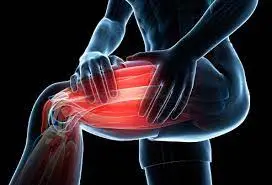
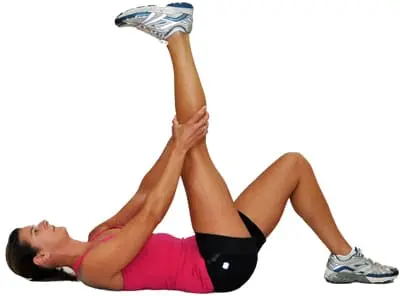
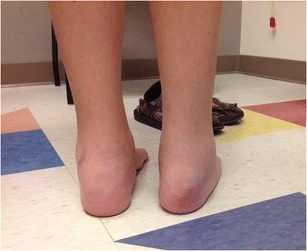
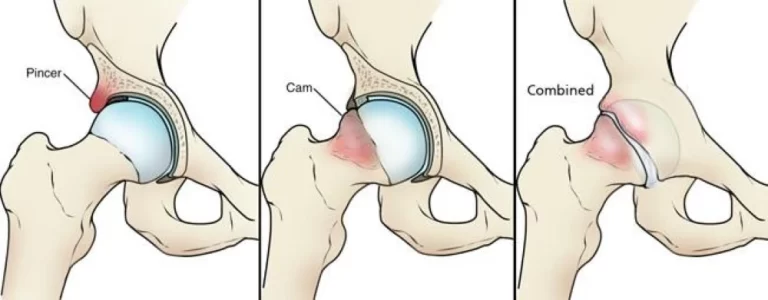
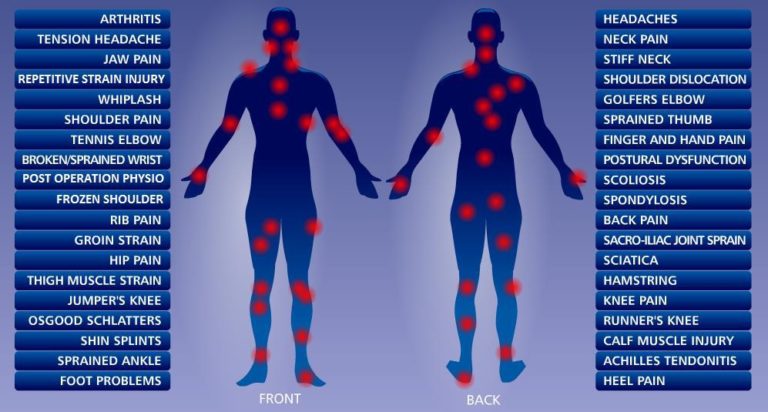
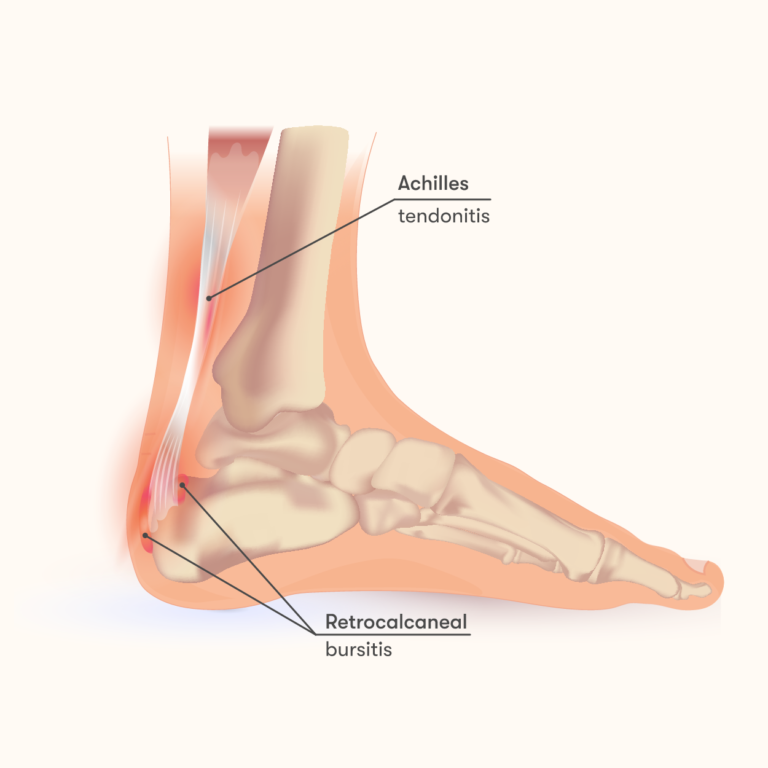
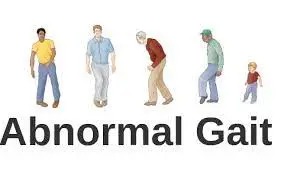
One Comment